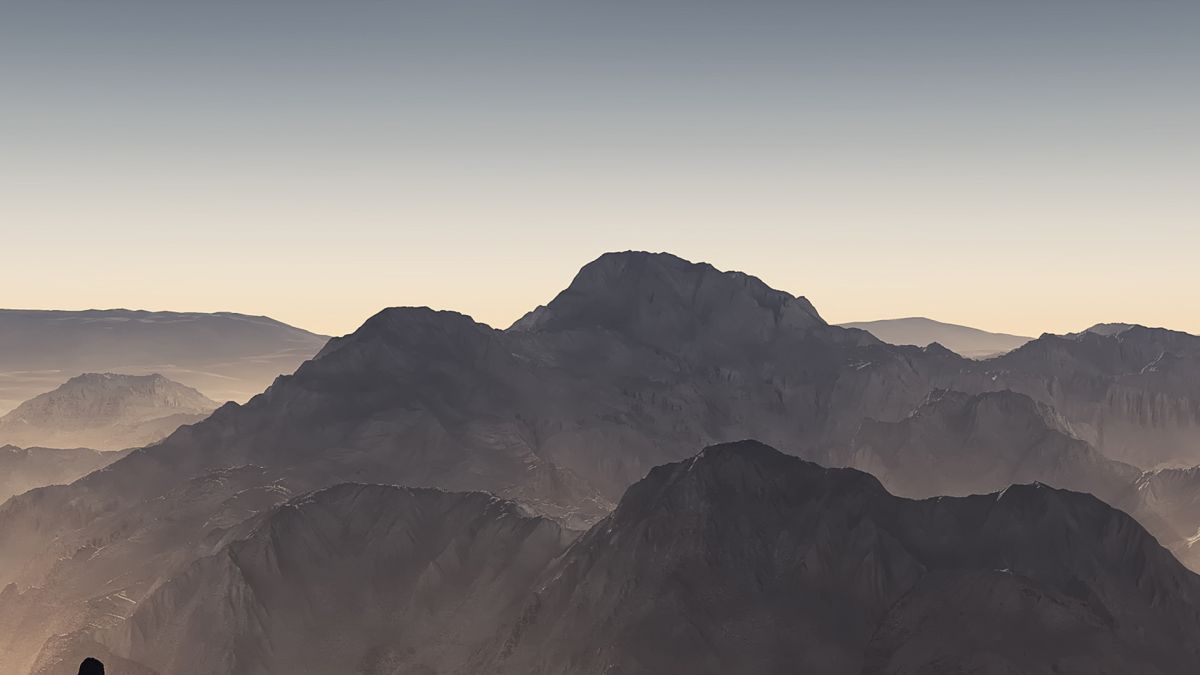Allāh Is Greater


I have been given permission to relate to you about the Angels of Allāh – the Most High – that carry the ʿArsh (Throne). Between one of the Angel’s ear and shoulder is the distance of a seven hundred year journey.
Allāh – the Most High – says:
“But He will call you to account for what your hearts have earned.” [Sūrah al-Baqarah, 2:225]
“Then day when neither wealth nor children will be of any avail, except he who comes to Allāh with a clean and pure heart.”
[Sūrah al-Shuʿarāʾ, 79:88-89]
The Prophet (ṣallallāhu ʿalayhi wa-sallam) said:
“Indeed there is a piece of flesh in the body; if it is sound, then all of the body is sound. However, if it is diseased, then all of the body is diseased. Truly that is the heart.” 1
Al-Ḥāfiẓ Ibn Rajab (d.795H) –raḥimahullāh– said:
“So know that the world – and whatever is above it and below it in the water – will not be corrected, except when the actions of its people are all for Allāh. The actions of the body follow the actions and intentions of the heart. So when the actions and intentions of the heart are purely for Allāh alone, then it is corrected, and likewise, the actions of the body will also be correct. However, if the actions and intentions of the heart are for other than Allāh, then it is corrupted, and likewise, the actions of the body will be corrupted in accordance to how much the actions of the body are corrupted.” 2 And he said, “So hearts will not be corrected until the maʿrifah of Allāh – being in awe of Him, loving Him, fearing Him, relying and trusting in Him, hoping in Him – is not firmly implanted in them. This is the reality of Tawḥīd and the meaning of the statement Lā ilāha illā-Allāh (None has the right to be worshipped except Allāh). So the hearts cannot be corrected until Allāh is made the ilāh (deity) to be known, loved, feared and hoped for; and that He becomes the only deity (ilāh) worthy of this – without associating any partners with Him in this. So know that the world – whatever is above and whatever is below in the waters – will not be corrected, except when the actions of its people are all for Allāh’s sake. Since the actions of the body follow from the actions and intentions of the heart, then when the heart’s actions and intentions are only to Allāh alone, then it is corrected, and all the actions of the body will likewise be corrected. However, if the actions and intentions of the heart are directed to other than Allāh, then it is corrupted, and likewise, all the actions of the body will be corrupted in proportion to how much the heart has been corrupted.”3
Indeed, we may begin to appreciate the greatness of Allāh – the Most High’s – and being in awe of Him, by considering some narrations regarding what He – the Most High – has created: The Prophet (ṣallallāhu ʿalayhi wa-sallam) said, “Indeed I see what you do not see and hear what you do not hear. Heaven has groaned, and it has a right to do so. By Him in whose Hand is my soul! There is not in the heaven a space equivalent to four fingers, except that an Angel has prostrated his forehead to Allāh in it. If you knew what I know, you would laugh little and weep a lot, and you would not take delight in women in their beds, but rather you would go to the wilderness and implore Allāh for help.” 4
He (ṣallallāhu ʿalayhi wa-sallam) said:
“The Seven Heavens compared to the Kursī (the Chair) is like a ring which is thrown into the desert. And such is the magnitude of the ’Arsh (the Throne of Allāh) compared with the Kursī.” 5
He (ṣallallāhu ʿalayhi wa-sallam) also said:
“I have been given permission to relate to you about the Angels of Allāh – the Most High – that carry the ʿArsh (Throne). Between one of the Angels’ ear and shoulder is the distance of a seven hundred year journey.” 6
And he (ṣallallāhu ʿalayhi wa-sallam) also said:
“Al-Bayt al-Maʿmūr is the seventh heaven (directly above the Kaʿbah). Each day seventy-thousand Angels enter it, and they will not return until the Day of Resurrection.” 7
So, “the need of the servants for this (type of) knowledge is greater than every other need; and it is the most necessary of all things for them, since there is no life for the hearts, nor any delight, nor any tranquility, except through knowing their Lord, the Only One who deserves to be worshipped, their Creator – with His Names, His Attributes and His Actions, and that He – along with all of that – is more beloved to the person than anything else. So man’s striving is with regards to everything that will draw him nearer to Allāh, to the exclusion of the creation…So the people who know Allāh the best, are the one who best follow the way to Him, and know best what lies at the end of the way.” 8
Endnotes:
[1] Related by al-Bukhārī (1/126) and Muslim (no. 1599), from al-Nuʿmān Ibn Bashīr (raḍī Allāhu ʿanhu)
[2] Jāmiʿul-ʿUlūm wa-al-Hikam (p. 120)
[3] Jāmiʿul-’Ulūm wa-al-Hikam (p. 120)
[4] Ḥasan: Related by Ibn Mājah (no. 4910) and al-Tirmidhī (2/51), who authenticated it, from Abū Dharr (raḍī Allāhu ʿanhu).
[5] Ṣaḥīḥ: Related by Ibn Abī Shaybah in Kitāb al-ʿArsh (1/114) and by al-Bayḥaqī in al-Asmāʾ wa-al-Ṣifāt (p. 290), from Abū Dharr (raḍī Allāhu ʿanhu). The ḥadīth is authentic due to its various routes of transmission – as Shaykh al-Albānī has explained in al-Ṣaḥiḥah (no. 109).
[6] Ṣaḥīḥ: Related by Abū Dāwūd (no. 4272) and al-Bayḥaqī in al-Asmāʾ wa-al-Ṣifāt (no. 398), from Jābir (raḍī Allāhu ʿanhu). It was authenticated by Imām al-Dhahabī in al-ʿUluww p. 58).
[7] Ṣaḥīḥ: Related by Aḥmad (3/153), from Anas (raḍī Allāhu ʿanhu). And the addition is related by Ibn Jarīr al-Tabarī in his Tafsīr (11/27), the ḥadīth was authenticated by al-Albānī in al-Ṣaḥiḥah (no. 477).
[8] Sharḥ al-ʿAqīadah al-Tahāwiyyah (p. 27) of Imām Ibn Abīl-’Izz.

















